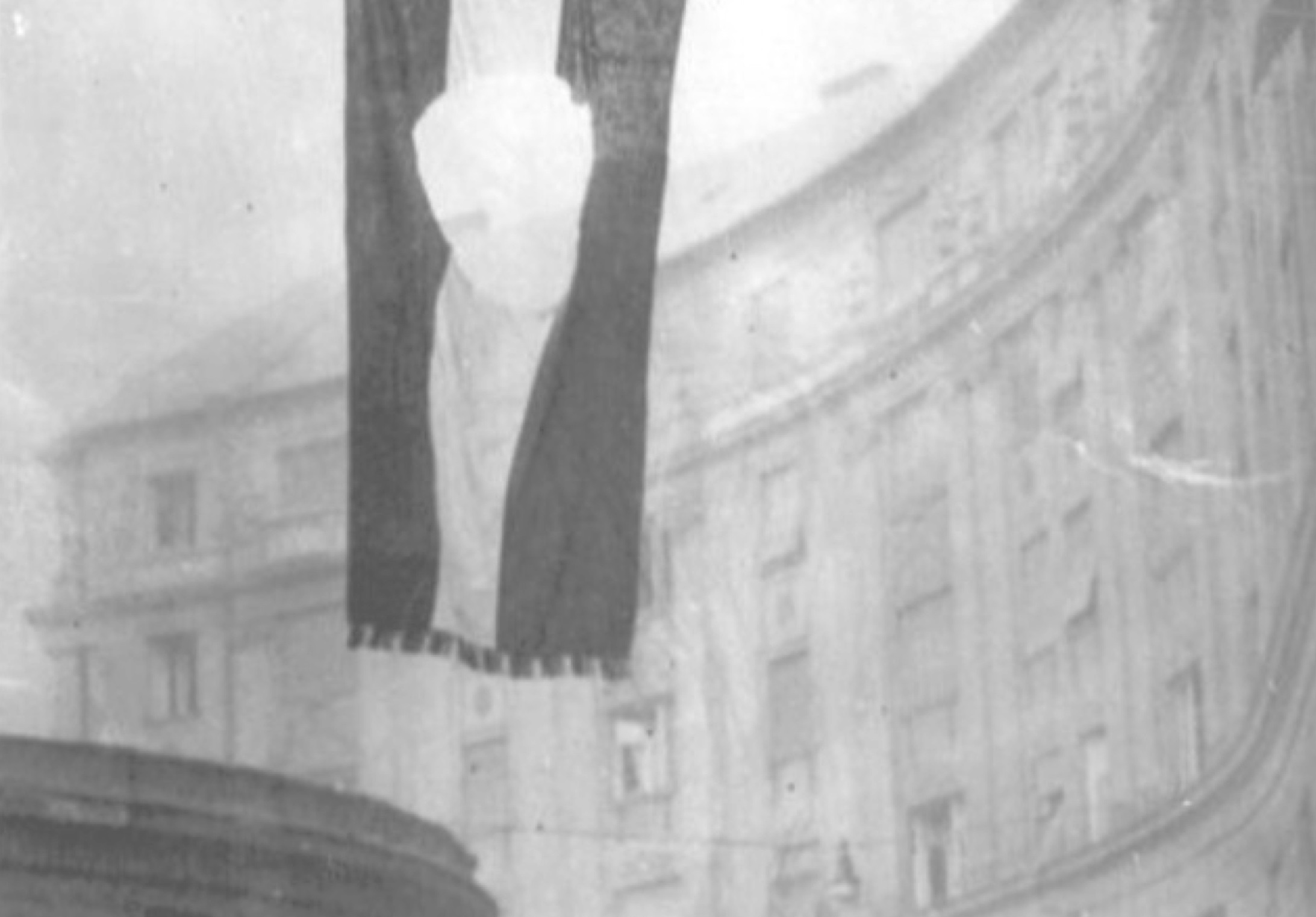Early Austrian Neutrality
From the Hungarian Crisis to the Rapacki Plan and Raab’s Proposal for the Solution of the German Question 1956-1958
Seminar
Dr. Michael Gehler
University Professor, Dr. Phil. Habil. University of Hildesheim
In 1955, the Austrian parliament decided on the country’s “perpetual neutrality” within the framework of a federal constitutional law. It states the following:
(1) For the purpose of permanently asserting its independence vis-à-vis the outside world and for the purpose of maintaining the inviolability of its territory, Austria declares of its own free will its perpetual neutrality. Austria will maintain and defend this neutrality with all means at her disposal.
(2) In order to safeguard these purposes, Austria will not join any military alliances in the future and will not permit the establishment of military bases of foreign states on its territory.
The application of the law was put to a first test for the first time during the Hungarian crisis and the suppression of the popular uprising in October and November 1956, not least because Austria’s integration policy with regard to the European Coal and Steel Community was also affected. When the Polish Foreign Minister Adam Rapacki presented a plan for limited demilitarisation in Central Europe to the UN General Assembly in October 1957, Austria’s neutrality policy was again called upon. In 1958, Chancellor Raab made a public proposal to solve the German question according to the method of the Austrian solution of 1955, which was supposed to be a contribution to overcoming the East-West division of Europe. The project was meant to offer good services and mediation, but it did not succeed.
This lecture shows the tension between “perpetual” neutrality policy and European integration policy in the East-West tensions and the virulence of the German question, but also the early humanitarian dimensions of Austrian neutrality.

